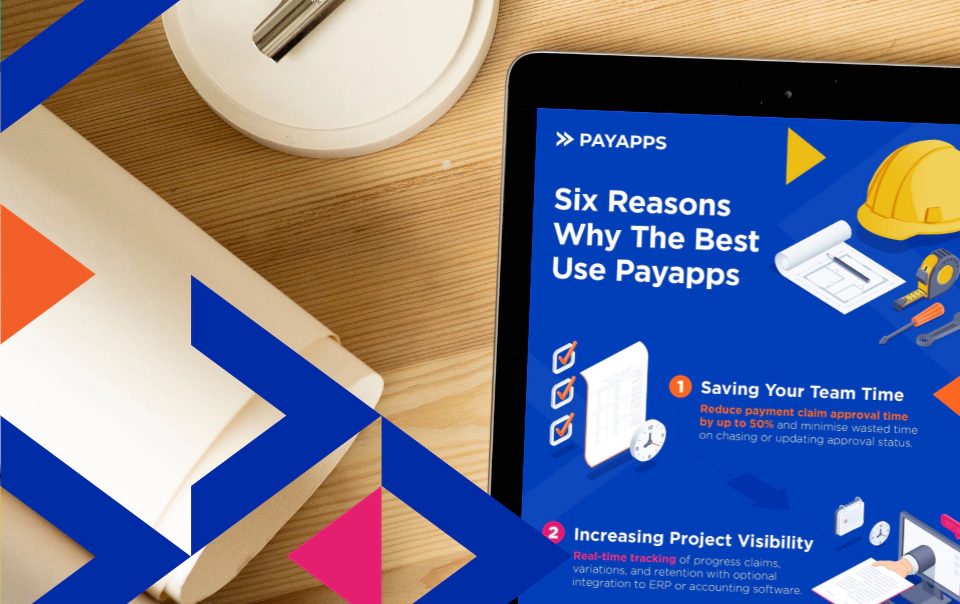Advance payments, once unheard of within the Construction industry, are starting to become a little more commonplace. But what are they and what is their purpose?
The benefits of advance payments in construction
Essentially, an advance payment is any money paid to a contractor or subcontractor to provide a service before the work or service has actually been carried out. There are many reasons why a contractor may decide to request an advance payment but, in the main, it is to assist with cashflow, usually to source specific materials or purchase high-value equipment that is needed solely for the project.
The contractor does not want to be responsible for covering the costs of bespoke items which are of no use to them away from this particular contract, and an advance payment provides assurance that those costs are covered if the project is halted, or the client is unable to pay. Occasionally the contractor may request a payment in advance in order to secure their time for the project, but this is not so common within major construction projects, more so in smaller, residential projects.
The risks of advance payments
There are obviously some risks for the client when it comes to advance payments as essentially, financial liability is passing from the contractor to them. To manage these risks, first and foremost the advance payment should be detailed in the contract between client and contractor. The contract should be very specific with regards to both the value and purpose of the advance payment.

How advance payments can be managed
The payment is in the most basic terms a loan, provided by the client to the contractor, and as such the repayment (which in this case is via work executed or goods provided) should be detailed as clearly as it would in any standard loan agreement. Secondly, where the advanced payment is specifically for the purchase of materials or plant, the client can require a ‘vesting certificate’ to be issued from the contractor. This will certify that ownership of the goods specified will be transferred to the client on receipt of the payment, and they will be properly identified as such, being stored or listed separately from the contractor’s own goods. Thirdly, a client can insist on an advance payment bond or guarantee in order to protect them from financial loss. In this instance, the contractor will nominate a bondsman, which could be an individual, company or agency, who agrees to act as guarantor, repaying the client should the contractor fail to deliver the agreed service.
The disadvantages of advance payments
So, if the above can be put in place to guard against financial loss for the client, does that mean advance payments are not to be shied away from? Unfortunately, the answer is often no. There are other disadvantages that clients will need to be aware of when considering advance payments.
Payment is often the only leverage clients have to ensure the contracted work is completed on time and to the required standard. If the advance payment was to purchase specific goods for the project, and the contractor has done that but is now dragging their heels to get on-site and start delivering, the client has very little bargaining power to get them there. Short of the client demanding goods back and finding another contractor, there is little they can do to ensure work is started, never mind completed. If the advance payment was for services, the client is left in an even trickier situation. With nothing to show for the money spent, clients have no choice but to wait it out and hope the agreed services are provided or face writing off the amount altogether. Also, providing the contractor with an advance payment, while assisting their cashflow, can seriously reduce a client’s own. And if the project runs into delays and difficulties which are caused by the contractor, the client is left with the financial liability without any of the control.
Essentially, there are scenarios where making an advance payment will enable a project to move forward without putting unnecessary strain on the contractors and subcontractors involved. However, the inclusion of advance payment terms should always be considered very carefully, and the client must always ensure that they are fully protected should anything go awry.




